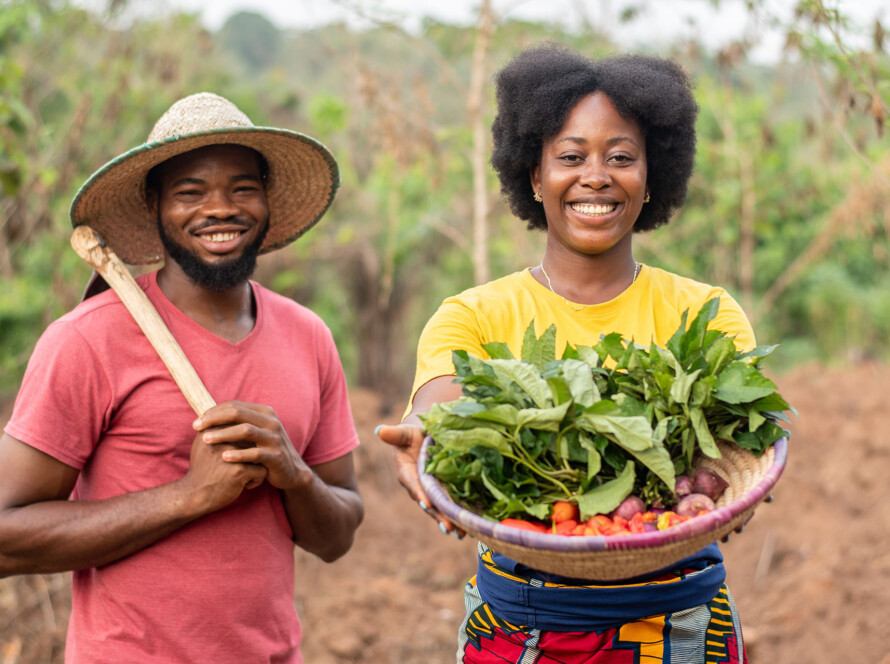By Gladys Rosette Nandutu,
In Uganda, land is much more than a mere commodity, it is a crucial resource that sustains over 95% of livelihoods for Ugandans, particularly for women who play a vital role in the agricultural sector. Despite the existence of a legal and policy framework designed to enhance women’s land rights, the translation of these rights into actual ownership remains limited.
While Uganda’s legal framework provides the foundation for women’s land rights, systemic cultural practices, inadequate participation in land management, and a dual legal system hinder the effective realization of these rights, a situation requires legislative reform, community engagement, and concerted efforts to empower women to address these challenges.
Land is a critical factor in Uganda’s economy, which is predominantly agrarian, and according to the World Bank report, 2022, the agricultural sector employs over 80% of the population, with women constituting half of that workforce. Women are primarily involved in subsistence agriculture, producing around 60-70% of the food consumed in Uganda. With agriculture contributing approximately 75% to the country’s annual Gross Domestic Product (GDP), women’s access to land is not only important for their own empowerment but also for the nation’s economic stability.
The Ugandan Constitution of 1995 and subsequent legislation, such as the Land Act of 1998 and the Customary Law (Amendment) Act of 2013, aimed to enhance women’s rights to land by recognizing customary ownership and granting women equal rights in land matters. The Constitution explicitly mandates equality in the distribution of property between men and women, stating, “Both men and women have the right to own property” (Constitution of the Republic of Uganda, 1995). The Land Act stipulates that women should have equal rights to land ownership through both freehold and customary tenure systems. However, despite these legal provisions, actual ownership by women remains minimal. A 2020 report by the Land Sector Gender Technical Working Group showed that only about 18% of land titles are held by women, reflecting significant gaps between legal rights and on-the-ground realities. This statistic underscores a critical issue that having laws on paper does not necessarily translate into meaningful access or control over land.
Land tenure systems in Uganda are deeply embedded in cultural and societal norms. Women’s participation in land management structures and dispute-resolution mechanisms remains critically inadequate. The dual legal system in Uganda, which combines formal statutory laws and traditional customary laws, further complicates women’s access to land. In many rural communities, not far from various project-affected persons’ compensation programs, decisions regarding land use and ownership are dominated by men, with women often excluded from discussions and decisions that affect their livelihoods directly.
In a survey conducted by Oxfam in 2023, it was found that women’s voices in land management discussions are marginalised, with only 30% of women participating in local land management committees. This lack of representation means that women’s interests and rights are overlooked, perpetuating their disenfranchisement regarding land ownership. Promoting women’s land ownership is not merely a matter of justice, according to the World Bank report, 2023, it could increase agricultural output by 20-30%, illustrating that gender-inclusive policies in land ownership can have profound impacts on national productivity and welfare.
To bridge the gap between legal rights and actual ownership, there is a pressing need for legislative reform that reinforces women’s land rights. Through inclusive initiatives aimed at sensitizing both men and women about gender equality in land rights to foster an environment where women feel empowered to claim their entitlements without fear, Uganda must review its existing laws to address the inconsistencies between statutory and customary law, ensuring that women’s rights to land are protected unequivocally. This struggle for land rights is not just a women’s issue, but a gap that requires urgent legislative reforms, increased community engagement, and a concerted effort to shift societal perceptions towards women’s rights and boost economic resilience.


